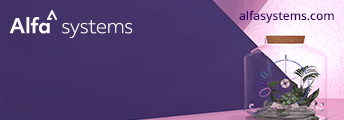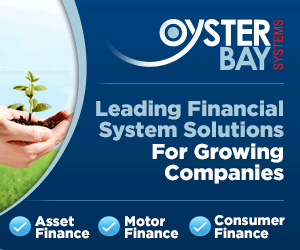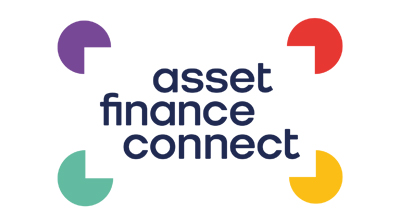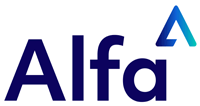The survey reveals that overall new leasing business in Europe expanded by 11.2% in 2016, compared to 9% in 2015. The expansion is the highest annual growth rate since 2007, before the global recession.
New business volumes increased in all main asset categories covered in the survey.
Vehicle leasing expanded by 13.2% compared to 2015, while equipment leasing rose by 8.4%. The real estate leasing market grew by 0.5%, although performance was mixed across countries.
Every Leaseurope member’s national market saw an increase in overall new business volumes during 2016.
The overall growth in the European leasing market was spurred on by a rise of more than 8% in each of Europe’s four largest economies. There was also notable growth in volumes in markets outside of the EU.
Jurgita Bucyte, Leaseurope’s senior adviser in statistics and economic affairs, said: “The European leasing market has gone from strength to strength over the last year as well as seeing volumes return to pre-crisis levels.
“The preliminary figures for 2016 show that businesses have keenly used more leasing to finance their investment.
“While the European Commission has recently revised downwards its forecast for growth in equipment investment in the EU to 3.4%, the effects of the European Commission’s Investment Plan for Europe, as well as a more broad-based economic recovery, bode well for the European leasing market.
“Our industry has shown its continued capability to outperform the barometer of European equipment investment growth, suggesting a strong start to 2017.”
The news comes as the industry considers the potential impact of the new international accounting standard for leasing, IFRS 16.
Leaseurope has issued a paper intended to supplement the IFRS 16 Endorsement Advice that has recently been issued by the European Financial Reporting Advisory Group (EFRAG) to the European Commission.
The paper covers a range of factors that were not analysed by EFRAG or where Leaseurope believes additional analysis is required.
Leaseurope argues that further analysis of the costs and benefits of IFRS 16 on Europe’s small and medium-sized enterprises (SMEs) is required.
International accounting standards are used by fewer than 1% of European enterprises, but many national accounting standards in Europe are designed to be consistent with the international rules.
It is calling on the European Commission to make clear that the Standard is not suitable for use by SMEs at the time of endorsement.
Other recommendations include allowing European companies that use international standards up to an additional year to implement the new rules, and requiring the International Accounting Standards Board to clarify how the Standard should be applied when being used to report vehicle and equipment leases in Europe.
Leon Dhaene, Leaseurope’s director general, said: “Existing users of international accounting standards are already preparing to implement IFRS 16, but it is important now that it is made clear the new rules would be an unnecessary and costly burden for the other 99% of companies that follow accounting rules that are written here in Europe”.
The Leaseurope Paper is available here.








